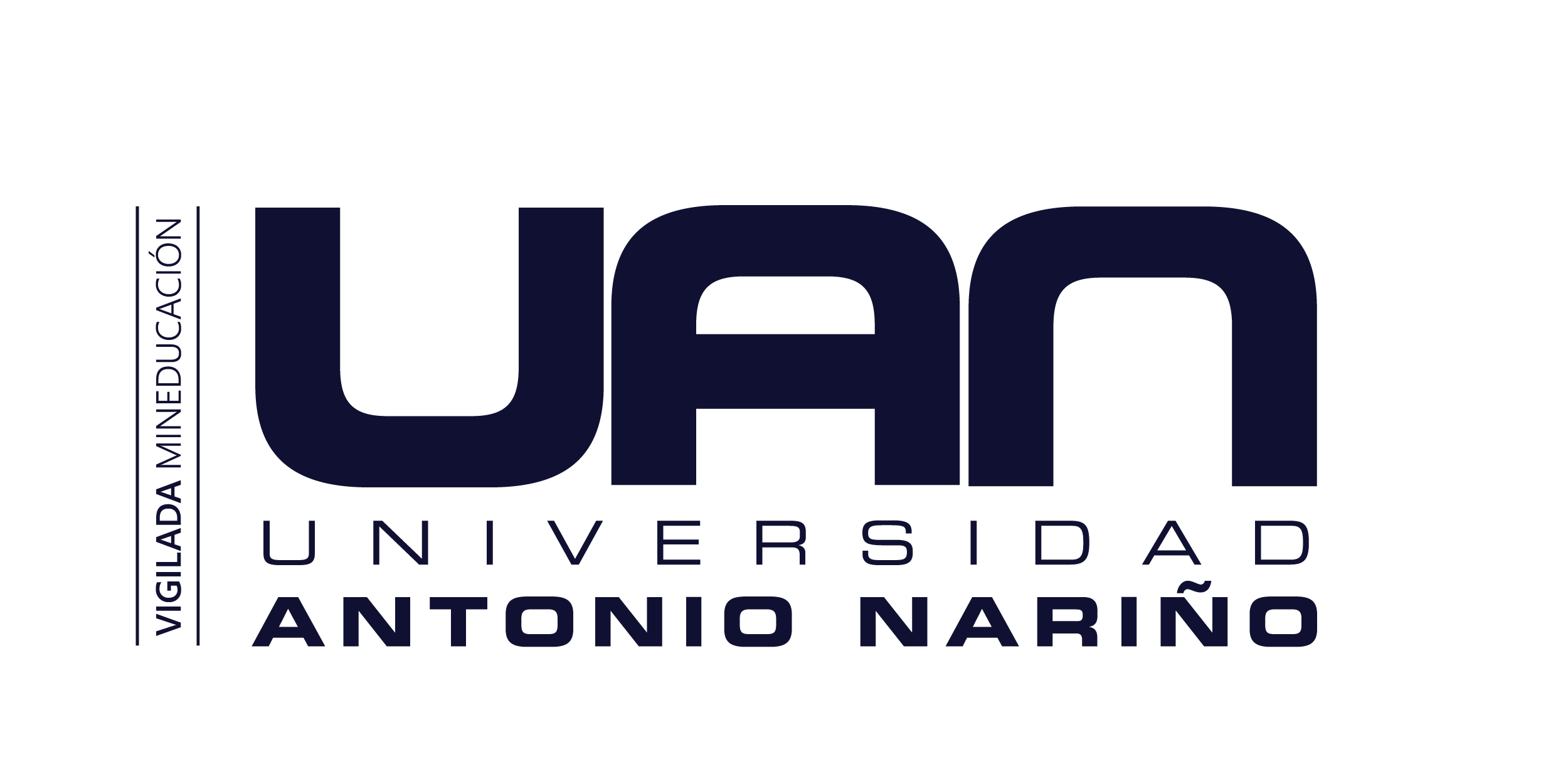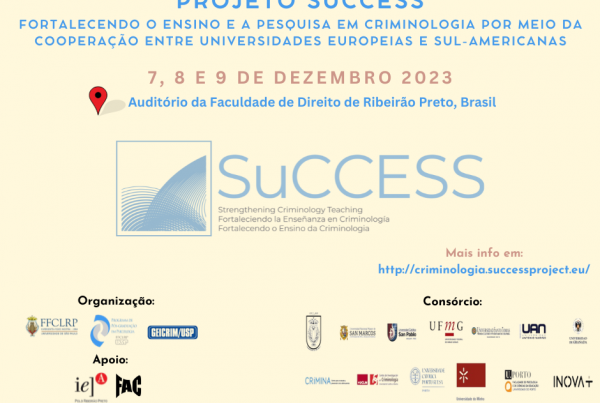The Universidad Antonio Nariño (UAN) has been working strategically in recent months on the construction of the curriculum for the new Master’s program in Criminology and Conflict, a product of the ERASMUS+ SUCCESS project – “Strengthening Criminology Teaching”. For this purpose, the team of the Faculty of Law at UAN has taken as a basis the study of the needs elaborated during the first year of the project (WP1), the webinars held in November by the European partners of the project and their curricular proposals. As a result of this analysis, interdisciplinary subjects oriented towards the understanding, prevention, and treatment of relevant criminological developments in the country were identified, with a special emphasis on the need to obtain a comprehensive, critical and interdisciplinary view.
As such, a curriculum composed of theoretical and practical subjects for a total of 45 academic credits was obtained. Also, the essential criteria for the creation of the master’s program were determined, such as the entry, exit, and occupational profile; the program’s areas of specialization in Green Criminology and Transnational Organized Crime and Conflict; the essential characteristics of the curriculum, such as its comprehensiveness, flexibility, interdisciplinary and international focus; the degree modalities, etc.
The result of this work has been brought to the attention of the different bodies of the university after following the internal regulations for the creation of a new program through various committees. In October, the first draft of the curriculum was submitted to the Law Faculty Committee. After some recommendations, in December we then passed to the deans’ committee, where the proposal was endorsed.
Currently, work is being carried out on the country’s internal regulations (Decree 1330 of 2019) for the creation of new master’s programs that seek to obtain qualified registration. In this regard, a master document is being prepared that includes the essential aspects of the Master’s program in Criminology and Conflict. This document is being constructed based on the results obtained from the study of the country’s needs, the general results report and the recently received institutional results report. In this first stage of construction of the master document, the justification for the name of the program and its creation was drafted, based on the advantages that the consolidation of a teaching program in Criminology represents for Colombia.





